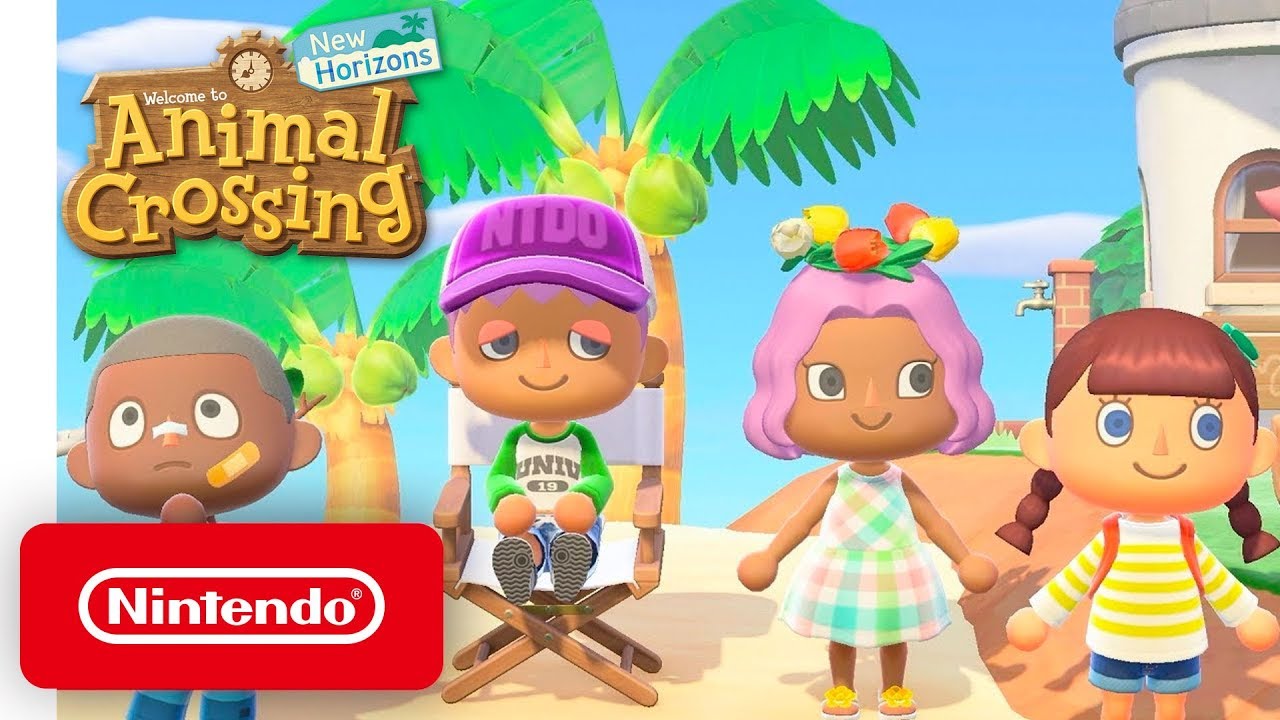In a significant shift for the augmented reality (AR) gaming landscape, Niantic—the studio renowned for Pokémon GO—is set to lay off 68 employees, following the multi-billion dollar sale of its gaming division.
The decision comes shortly after the company finalized the transfer of its gaming assets, including Pokémon GO, Monster Hunter Now, and Pikmin Bloom, to the Saudi-owned publisher Scopely for a reported $3.5 billion.
This business transition marks a pivotal moment in game development news and highlights Niantic’s changing business model as it pivots towards geospatial artificial intelligence via its new venture, Niantic Spatial Inc. The upcoming layoffs, first reported by Game Developer and corroborated by a Worker Adjustment and Retraining Notification (WARN) filed in California, are scheduled to take effect on May 20, 2025.
The WARN report confirms that 68 Niantic employees will be impacted.
The story first broke to the public on March 20, 2025, via an official Niantic blog post, which shared an internal email from CEO John Hanke. In the communication to staff, Hanke acknowledged the difficulty of the decision, stating that after extensive consideration, it became clear that "some roles would not be required given our new focus." He emphasized that the move was not reflective of employee performance, underscoring the company’s appreciation for the talent and effort that staff have brought to Niantic’s games, noting that the company would provide support to affected employees as they move on to new opportunities. A Niantic spokesperson subsequently confirmed to Game Developer that Hanke’s messaging was indeed linked to the WARN filing.
The spokesperson added that there were no additional comments beyond those provided in the blog post. The sale of Niantic’s gaming division to Scopely is one of the biggest transactions in recent gaming history, impacting globally popular games like Pokémon GO—a title that redefined mobile gaming and location-based interactivity on platforms such as iOS, Android, and indirectly on platforms followed by Nintendo Switch fans.
Pokémon GO, Monster Hunter Now, and Pikmin Bloom will continue live service operations under Scopely’s stewardship, with fans eager to see how the transition might affect the player experience. Shortly after the sale, Michael Steranka, Pokémon GO’s senior product director, addressed community concerns regarding future ads and potential restrictions on play time, indicating awareness of player sentiment but providing no specifics on upcoming changes. As Niantic sharpens its focus on its new geospatial AI direction, industry observers will be watching how Scopely steers the legacy of these major titles.
Meanwhile, the affected employees and the broader development community face new challenges and opportunities amid these evolving industry dynamics.
The decision comes shortly after the company finalized the transfer of its gaming assets, including Pokémon GO, Monster Hunter Now, and Pikmin Bloom, to the Saudi-owned publisher Scopely for a reported $3.5 billion.
This business transition marks a pivotal moment in game development news and highlights Niantic’s changing business model as it pivots towards geospatial artificial intelligence via its new venture, Niantic Spatial Inc. The upcoming layoffs, first reported by Game Developer and corroborated by a Worker Adjustment and Retraining Notification (WARN) filed in California, are scheduled to take effect on May 20, 2025.
The WARN report confirms that 68 Niantic employees will be impacted.
The story first broke to the public on March 20, 2025, via an official Niantic blog post, which shared an internal email from CEO John Hanke. In the communication to staff, Hanke acknowledged the difficulty of the decision, stating that after extensive consideration, it became clear that "some roles would not be required given our new focus." He emphasized that the move was not reflective of employee performance, underscoring the company’s appreciation for the talent and effort that staff have brought to Niantic’s games, noting that the company would provide support to affected employees as they move on to new opportunities. A Niantic spokesperson subsequently confirmed to Game Developer that Hanke’s messaging was indeed linked to the WARN filing.
The spokesperson added that there were no additional comments beyond those provided in the blog post. The sale of Niantic’s gaming division to Scopely is one of the biggest transactions in recent gaming history, impacting globally popular games like Pokémon GO—a title that redefined mobile gaming and location-based interactivity on platforms such as iOS, Android, and indirectly on platforms followed by Nintendo Switch fans.
Pokémon GO, Monster Hunter Now, and Pikmin Bloom will continue live service operations under Scopely’s stewardship, with fans eager to see how the transition might affect the player experience. Shortly after the sale, Michael Steranka, Pokémon GO’s senior product director, addressed community concerns regarding future ads and potential restrictions on play time, indicating awareness of player sentiment but providing no specifics on upcoming changes. As Niantic sharpens its focus on its new geospatial AI direction, industry observers will be watching how Scopely steers the legacy of these major titles.
Meanwhile, the affected employees and the broader development community face new challenges and opportunities amid these evolving industry dynamics.





